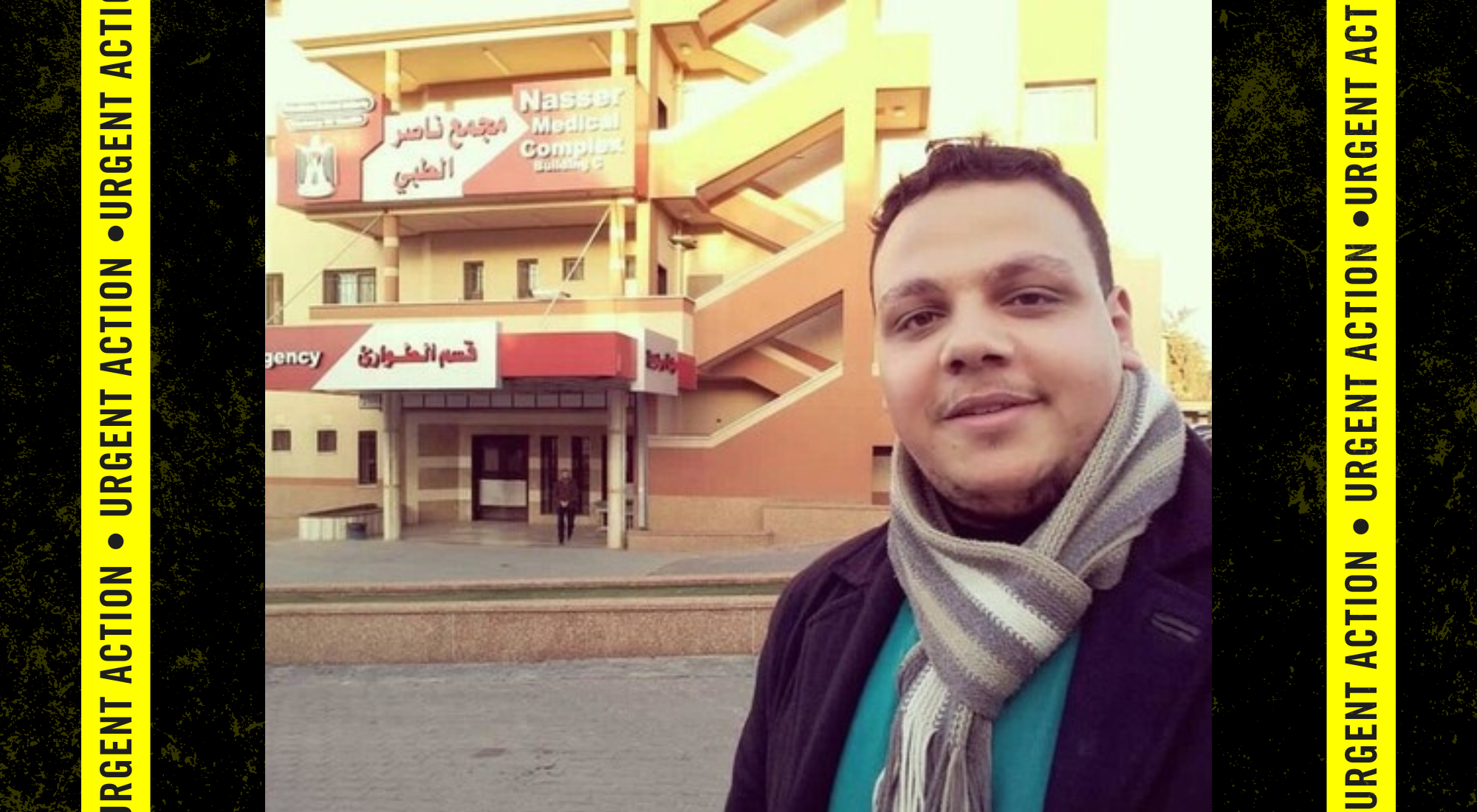On September 30, 2024, Palestinian surgeon Khaled Al Serr was released from Israeli detention. He spent over six months in prison without charges or trial. Several months were in incommunicado detention under the Unlawful Combatants Law. Israeli forces detained Dr. Al Serr on March 25, 2024. He was taken with other medical staff from Nasser Hospital in Khan Yunis, in the occupied Gaza Strip.
Arbitrary arrest and enforced disappearance
On March 25, 2024, the Israeli military detained Dr. Khaled Al Serr during a raid on Nasser Hospital in Khan Yunis, in the southern Gaza Strip. Several other medical staff were also detained. After the arrest, Dr. Al Serr’s whereabouts remained unknown for over three months.
He was held under conditions amounting to enforced disappearance, a serious violation of human rights. On July 4, 2024, the Israeli military disclosed his location in response to a request from Hamoked, an Israeli human rights organization. However, he was only allowed one visit from his lawyer on July 23, 2024, through support from Physicians for Human Rights Israel.
Torture and denial of medical care
Following his arrest, Dr. Al Serr reported being held for five days in a civilian house in Gaza. During this time, he was subjected to torture. He was then transferred to the Sde Teiman military detention camp, where he was interrogated only once. In mid-June, he was moved to Ofer Military Prison in the occupied West Bank, where he remained until his release.
Throughout his detention, Dr. Al Serr endured physical and psychological torture. “From the first day of my arrest, I was subjected to torture and humiliation,” he told his lawyer. He sustained chest and rib injuries and continues to suffer from constant abdominal pain and nausea. Despite repeated requests, he was denied proper medical care by both the Israeli military and the Israel Prison Service.
Dr. Al Serr also witnessed other detainees being tortured, including acts of sexual violence. He emphasized the need to advocate for medical staff and healthcare workers imprisoned under similar conditions, often without trial, and subjected to severe abuse.
While being interrogated by the Shabak, I heard about the efforts to free me. It gave me comfort when I needed it most.
Dr. Al Serr
The campaign for his release
Upon his release, Dr. Al Serr expressed his gratitude for the efforts made to secure his freedom. “For more than six months, I was almost completely cut off from the outside world, except for one visit by my lawyer in July,” he said in a phone call with Amnesty International’s IOPT Team. “I worried about my family in Gaza and my colleagues, but I knew I was not alone.”
He recounted how learning about the campaign calling for his release gave him strength. “While being interrogated by the Shabak, I heard about the efforts to free me. It gave me comfort when I needed it most.”
A call to action
Though relieved to be reunited with his family, Dr. Al Serr expressed guilt about leaving behind other prisoners. “Many healthcare workers still face torture and are denied medical care. They know nothing about their families,” he said. He stressed the importance of continuing campaigns for detainees, especially medical professionals arbitrarily detained in Israeli jails.
Amnesty International urges the international community to pressure Israeli authorities to end the arbitrary detention of healthcare workers and provide medical aid to those imprisoned. Dr. Al Serr’s case highlights the ongoing human rights violations in the occupied Palestinian territories and the urgent need for accountability.




























